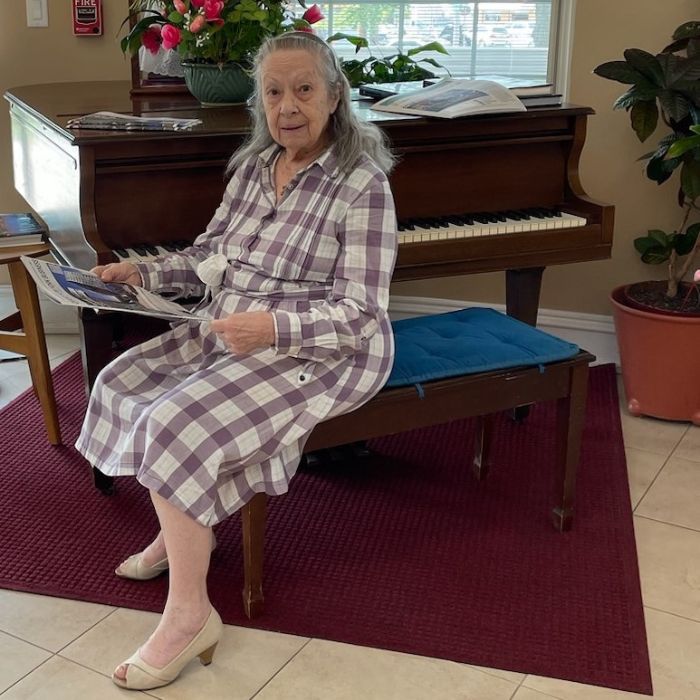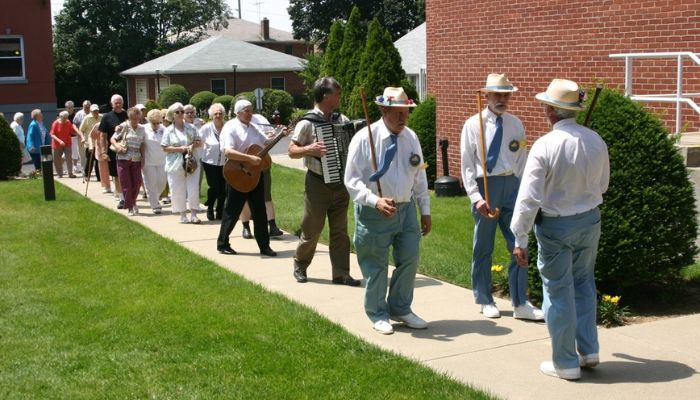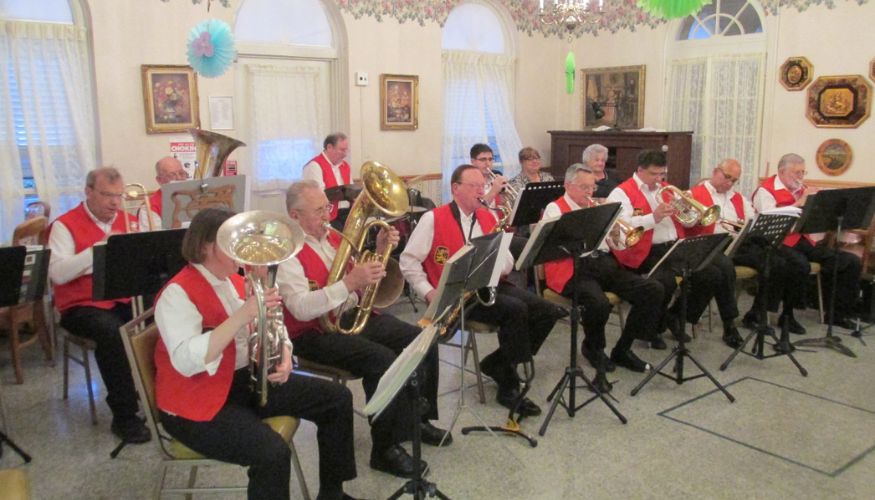As individuals age, their emotional and physical well-being change and require different levels of care. Music therapy for seniors can play a positive role. Not only does it promote emotional, cognitive, and physical health, but it has become an effective treatment plan for patients with Alzheimer’s Disease, dementia, or Parkinson’s disease. Music therapy also provides a great source of entertainment for the idle mind.
3 Musical Methods Used as Therapy
These are some ways music can enhance the daily lives of older adults, from relaxation to inspiration to the overall improvement of an individual’s quality of life and therapeutic benefits.
1. Active Music Therapy
This particular therapy involves active participation in music-making activities between a patient and a qualified music therapist. While under the guidance of a therapist or on their own, seniors play instruments, sing, or dance to promote physical movement, coordination, and cognitive stimulation. These sessions can enhance seniors’ motor skills and provide the means for improved social interaction.

2. Receptive Music Therapy
Receptive music therapy is similar to active music therapy for seniors. The main difference is that it focuses on listening to music rather than creating or dancing to it. Receptive music therapy allows seniors to relax, reflect, and engage with emotions and thoughts.
Soft melodies, calming rhythms, and familiar tunes can evoke memories, reduce anxiety, and promote emotional well-being. This therapy helps seniors improve their mood and manage stress, benefiting their overall emotional and psychological health.
3. Music-Assisted Relaxation (MAR)
This therapy is done with a music therapist and uses breathing exercises, spoken instructions, and music to reduce muscle tension and achieve deep relaxation. The music helps the individual stay in the moment and keep the mind focused on decompressing and relieving stress.
MAR therapy is an excellent way to improve sleep quality by creating a relaxed atmosphere in your mind and surroundings. Seniors listen to slow-paced, soothing melodies to lower heart rates and provide a calming and peaceful atmosphere.
Music is Verifiably Powerful
When we hear music, our body increases blood flow to the brain area that supports and controls emotion, behavior, motivation, and memory called the Limbic system. Depending on what you are listening to, it will engage your mind and produce specific memories and emotions connected to the song or music you are listening to.
Toe-tapping and Mood Swinging
Outside of the more clinical descriptions of the benefits of music therapy for seniors, there is no denying how certain music can elevate your mood. You are instantly transported to another time and place, whether listening at home or in an assisted living facility like Plattduetsche Home Society. It can bring up pleasant memories and inspire you to make some new ones.
Music Therapy for Seniors: Just Listen

Music therapy offers a holistic approach to seniors’ well-being; you only need the ability to listen. Seek a music therapist’s professional assistance to help ease your or a loved one’s medical afflictions. You can also turn on your radio at home and fill the space with mood-enhancing and motivational music or organize a sing-a-long or a group trip to a concert. Whatever you do, ensure that you tap into the healing powers of sound.
At Plattduetsche Home Society, our staff is sensitive to the needs of our residents and is always there to support and assist them in any way they can.
Contact us today to learn more about what Plattduetsche Home Society offers.







